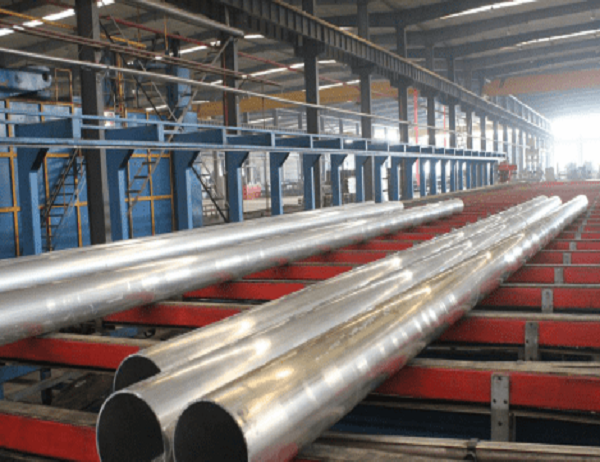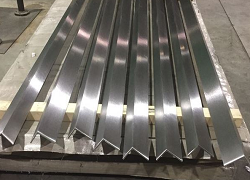In the realm of industrial engineering, anodized aluminum sheets emerge as a radiant force, revolutionizing countless applications with their exceptional properties. This transformative material, adorned with a vibrant palette of colors and textures, not only enhances aesthetics but also imparts extraordinary resilience and functionality.
Enhanced Surface Protection
Anodizing imbues aluminum sheets with a protective oxide layer, bolstering their resistance to corrosion, wear, and abrasion. This layer acts as a formidable barrier against harsh chemicals, UV radiation, and environmental stresses. Thus, anodized aluminum sheets excel in industries demanding durable surfaces, such as chemical processing, aerospace, and marine environments.
Exceptional Thermal Management
Aluminum’s inherent thermal conductivity, coupled with the porous nature of anodized coatings, enables efficient heat dissipation. Anodized aluminum sheets are employed in electronic cooling systems, automotive radiators, and industrial machinery to regulate temperatures, enhancing device performance and extending component lifespan.
Electrical Insulation and Conductivity
Anodized aluminum sheets exhibit excellent electrical insulating properties while still maintaining electrical conductivity. They serve as versatile substrates for electrical components, printed circuit boards, and high-voltage applications, providing insulation, corrosion resistance, and weight reduction.
Decorative Finishes and Architectural Applications
Beyond their functional benefits, anodized aluminum sheets captivate with their aesthetic appeal. Their vibrant colors and shimmering surfaces add a touch of elegance to architectural facades, interior design elements, appliances, and consumer electronics. Anodizing allows for precise color control, enabling architects and designers to create visually striking structures and products.
Specific Industrial Applications
Aerospace: Anodized aluminum sheets ensure durability and corrosion resistance in harsh flight conditions.
Automotive: They reduce weight and improve fuel efficiency in automotive components.
Chemical Processing: Anodized aluminum resists corrosive chemicals and prevents contamination in process equipment.
Electronics: They provide thermal management and electrical insulation in high-power electronics.
Healthcare: Anodized aluminum is used in medical equipment and sterilization containers for its antimicrobial properties.
Conclusion
Anodized aluminum sheets have become an indispensable material in industrial applications, offering a compelling combination of performance, durability, and aesthetics. Their versatility and adaptability make them a preferred choice for industries seeking lightweight, corrosion-resistant, and visually stunning solutions. As the demand for innovative materials continues to grow, anodized aluminum sheets will undoubtedly play an increasingly pivotal role in shaping the future of industrial design.



